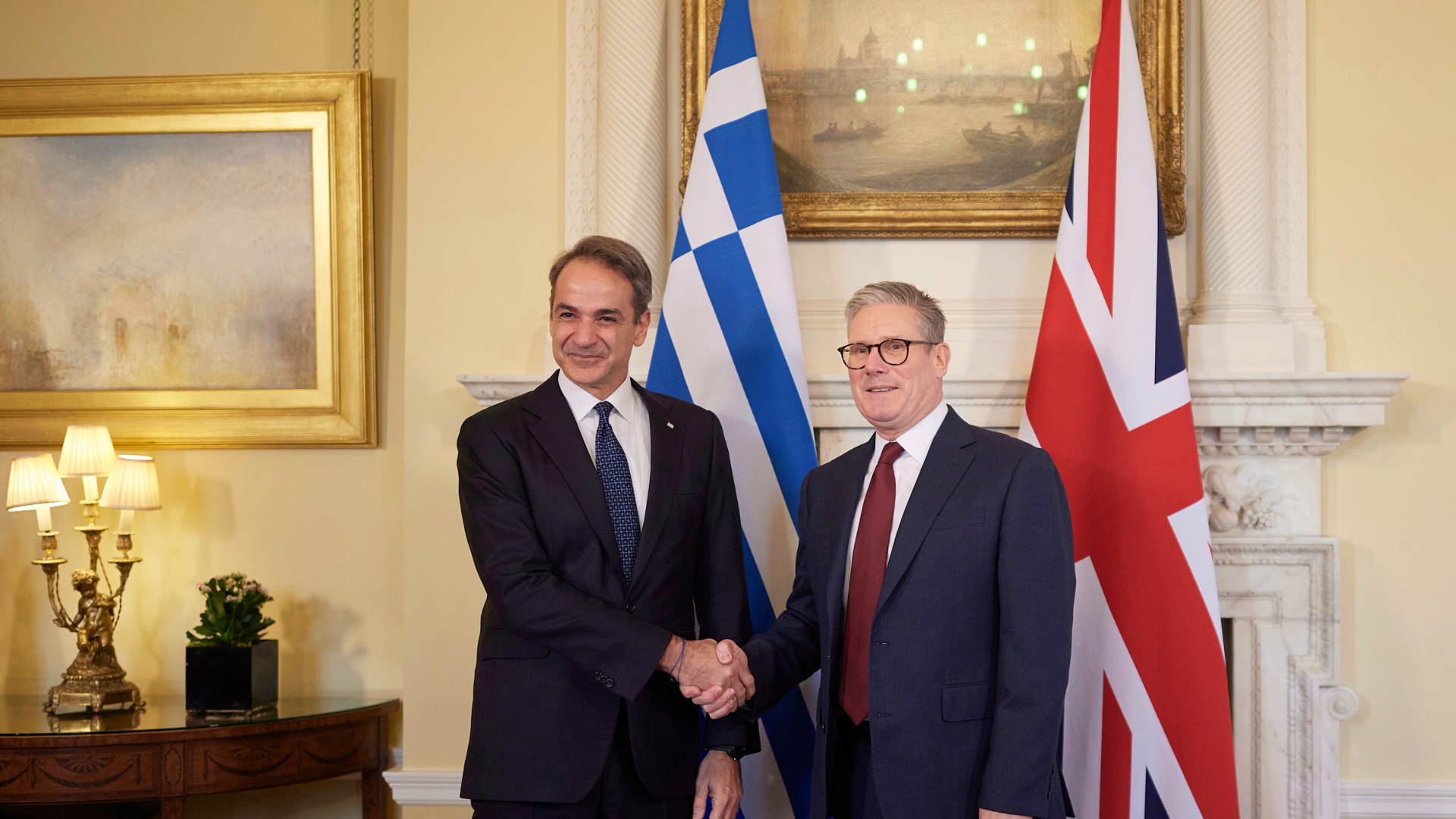Greece’s government is optimistic that the United Kingdom will no longer block the return of the Parthenon Marbles following a key meeting between Greek Prime Minister Kyriakos Mitsotakis and UK Labour leader Keir Starmer on Tuesday, December 3.
Although No. 10 Downing Street insists there has been no change in its position, Greek officials were encouraged by the discussions.
A senior Greek government official said, “We welcome the fact that the British government will not stand in the way if there is an agreement with the British Museum.”
While neither government statement directly mentioned the marbles, the Greek official confirmed that Mitsotakis raised the issue in his one-on-one talks with Starmer.
The Parthenon Marbles, originally part of a frieze from Athens’ Acropolis, were removed in the early 19th century by British diplomat Lord Elgin and have been housed in the British Museum ever since. Greece has long argued they were taken illegally and should be returned to be displayed in Athens, alongside the remaining sculptures.
The British Museum, however, remains governed by a 1963 law that prevents it from permanently returning the marbles, though a loan arrangement could be possible. Efforts to return the sculptures have gained momentum, with 53% of Britons supporting their return, according to a recent poll.
Greek Culture Minister Lina Mendoni emphasised the international shift in attitudes towards the restitution of cultural artefacts, calling the issue “ethical” and noting that “there is now an international climate that favours the return of cultural goods that have been stolen or forcibly extracted.” She added, “We do believe they will come back.”
